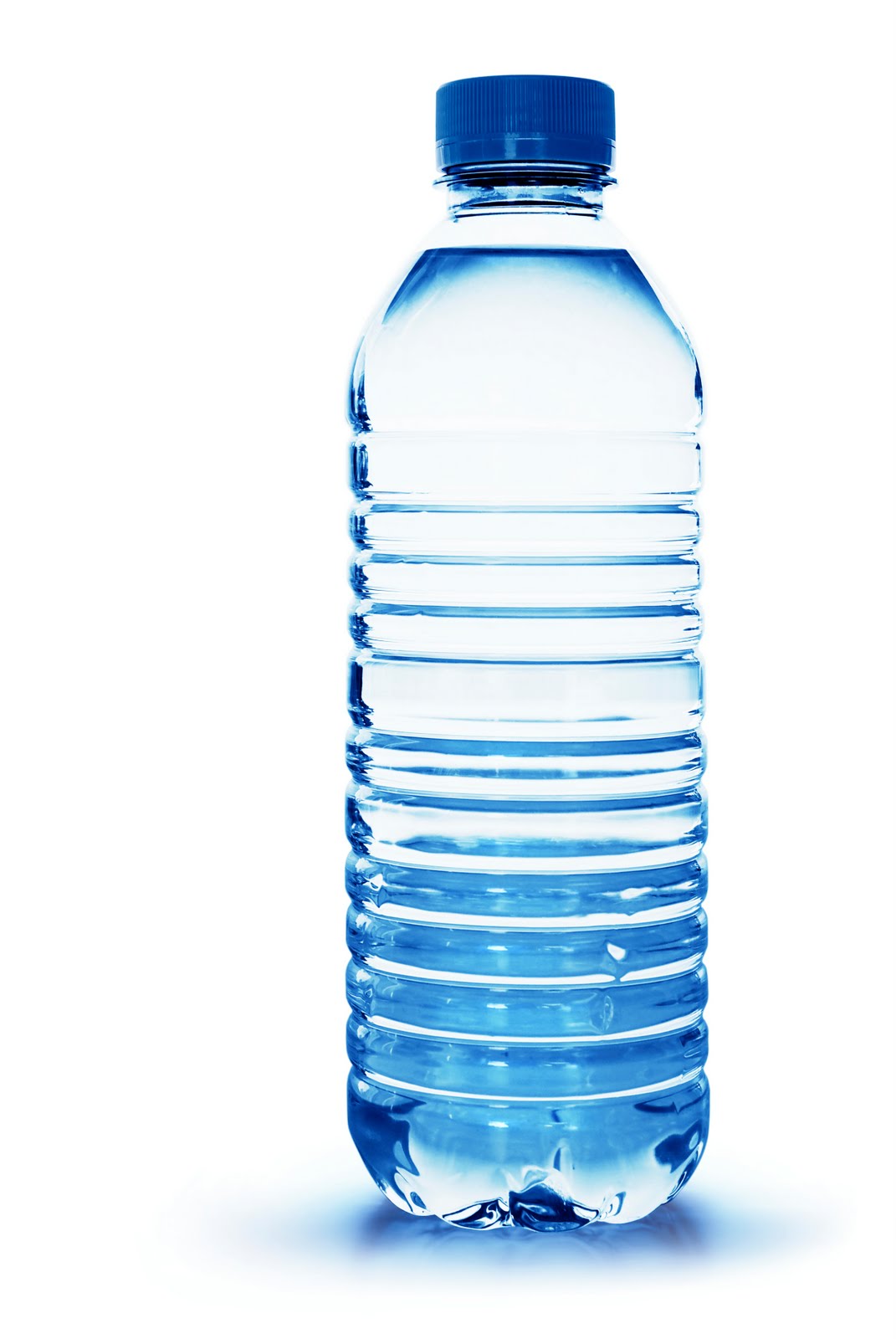

Bottle Of Water: The Essential Hydration Companion
In a world where hydration is vital for our health, the significance of a simple bottle of water cannot be overstated. From quenching our thirst on a hot summer day to being a trusted companion during workouts, a bottle of water is more than just a receptacle; it's a gateway to wellness. Whether you're at home, in the office, or on an adventure, having a bottle of water by your side ensures that you stay hydrated and refreshed throughout your day.
With the rise of environmental awareness, the choice of the type of bottle we use has become more important than ever. The debate between plastic and reusable bottles has sparked discussions about sustainability, health, and convenience. As we navigate through our daily lives, the bottle of water is not just a practical item but also a symbol of our commitment to a healthier planet.
Moreover, the convenience that comes with a bottle of water is unparalleled. It allows us to carry our hydration source wherever we go, making it easier to meet our daily water intake goals. Whether you prefer sparkling, still, or flavored water, there’s a bottle designed to fit your lifestyle. In this article, we will explore various aspects of the bottle of water, from its history to tips on choosing the right one for your needs.
What is the History of the Bottle of Water?
The journey of the bottle of water dates back centuries. Initially, people relied on natural containers like gourds and skins to carry water. As civilization advanced, materials such as glass and metal became popular for creating more durable and hygienic containers. The modern plastic water bottle emerged in the 20th century, revolutionizing how we consume and carry water.
How Have Bottle Designs Evolved Over Time?
From the simplistic glass bottles of the past to today's innovative designs, bottles have undergone significant transformations. Key developments include:
- Introduction of BPA-free plastics for health safety.
- Insulated bottles that keep water cold for hours.
- Collapsible designs for easy storage.
- Integrated filtering systems for purification on-the-go.
Why is Staying Hydrated Important?
Hydration plays a crucial role in maintaining overall health. Water is essential for various bodily functions, including:
- Regulating body temperature.
- Transporting nutrients and oxygen to cells.
- Flushing out toxins and waste.
- Supporting joint and muscle function.
By keeping a bottle of water handy, you can easily remind yourself to drink enough water throughout the day.
What Should You Consider When Choosing a Bottle of Water?
When selecting a bottle of water, several factors should be taken into account:
- Material: Choose between glass, stainless steel, or plastic based on your lifestyle and preferences.
- Capacity: Consider how much water you need for your activities.
- Portability: Look for lightweight and easy-to-carry options.
- Ease of cleaning: Opt for designs that are dishwasher-safe or easy to hand wash.
Are There Health Risks Associated with Plastic Bottles?
While plastic bottles are convenient, there are health concerns linked to their use, particularly regarding chemicals such as BPA. It's important to choose BPA-free bottles and avoid leaving them in hot environments to prevent leaching harmful substances into your water.
Can Reusable Bottles Help the Environment?
Yes! Reusable bottles significantly reduce plastic waste. By opting for a bottle of water that you can refill, you minimize your contribution to landfills and ocean pollution. This positive choice not only benefits the planet but also encourages others to adopt sustainable practices.
What Are Some Creative Uses for a Bottle of Water?
A bottle of water isn't just for drinking; it can serve multiple purposes:
- As a weight for workouts: Fill it with sand or water for added resistance.
- As a makeshift ice pack: Freeze it for soothing injuries.
- For plant care: Use it to slowly water your plants.
- As a travel companion: Fill it with beverages for your journey.
How Can You Keep Your Bottle of Water Clean?
Maintaining cleanliness is vital for your bottle of water. Here are some tips:
- Wash your bottle daily with soap and warm water.
- Use a bottle brush for hard-to-reach areas.
- Allow it to air dry completely.
- Consider using vinegar or baking soda for deep cleaning.
What’s the Future of Bottles of Water?
With ongoing advancements in technology and environmental awareness, the future of bottles of water looks promising. Innovations such as biodegradable materials, smart bottles that track hydration levels, and more efficient recycling methods are on the horizon. As consumers, we have the power to drive change by making informed choices and supporting sustainable brands.
In conclusion, the bottle of water is an essential item in our daily lives. It not only serves the purpose of hydration but also symbolizes a commitment to health and environmental awareness. By understanding its history, choosing the right design, and utilizing it creatively, we can maximize its benefits while minimizing our ecological footprint. So, the next time you reach for your bottle of water, remember that it's more than just a container—it's a step towards a healthier you and a healthier planet.
You Also Like
Unraveling The Charisma Of Mimi From BGCTransform Your Look With White Hair Dye: A Complete Guide
Discover The Irresistible Delight Of The Reese's Chocolate Bar
Unveiling The Art Of Silver Medal Dance: A Journey Of Grace And Achievement
Memorable And Heartfelt Daughter Birthday Gifts: A Guide To Choosing The Perfect Present



